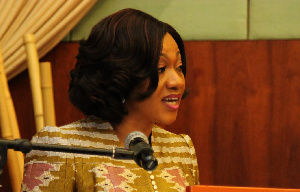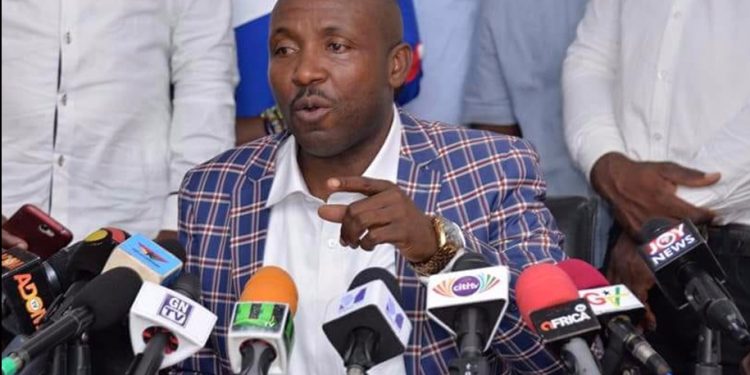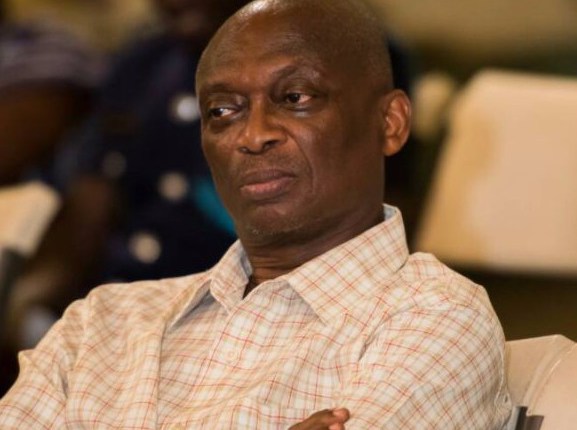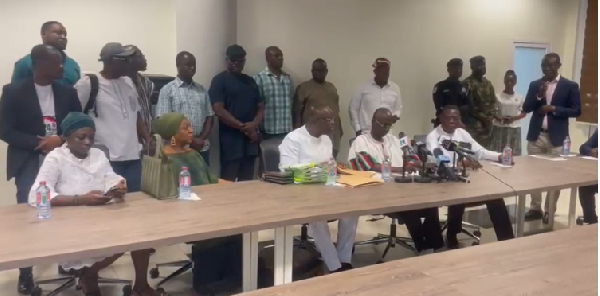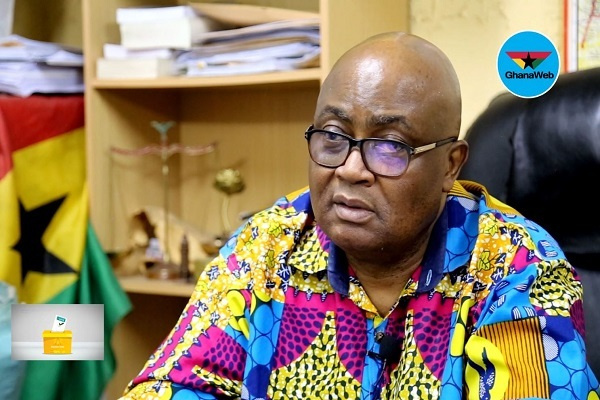23 Men, 8 Women, 10 Chiefs, 2 SC Justices: Breakdown of President Mahama’s Council of State
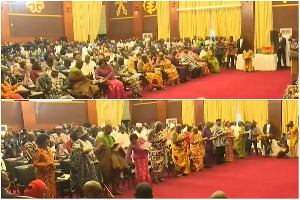
Thirty-one (31) people were sworn into office as members of the 9th Council of State of the 4th Republic, to serve as the ‘chief advisers’ to President John Dramani Mahama in the performance of his functions, in accordance with Article 89 of the 1992 Constitution of Ghana.
These men and women are mandated by the constitution to consider and advise the president or any other authority in respect of any appointment being made into the government.
They are also to make recommendations on any matter being considered or dealt with by the President, a Minister of State, Parliament, or any other authority established by the Constitution.
Article 89 mandates the president to appoint 14 of the 31 members of the Council of State.
The President of the National House of Chiefs, by law, is required to be a member of the Council of State.
The remaining 16 members are regional representatives who were elected by electoral colleges of the various regions in the country.
These persons, who would be guiding President Mahama for the next four years, as suggested, are from every part of the country and include statesmen with expertise in various fields, including legislation, chieftaincy, and governance, among others.
Here is a breakdown of the members of the 9th Council of State in terms of sex, background, as well as expertise and experience.
Gender
Only 8 (26%) of the members of the 9th Council of State are female, with the remaining 23, which represents a whopping 74% of the total membership, being male.
The skewness of the Council of State towards men is largely due to the regional representation on the council. Only 1 of the 16 regional representatives on the council is female.
On the other hand, half of President John Dramani Mahama’s appointees on the council are female. Seven (50%) of the 14 appointees the president is obliged to make are female.
Expertise/Experience:
Traditional leaders dominate the 9th Council of State.
Out of the 31 members of the council, 11 (about 35%) are traditional rulers (10 chiefs and 1 queen mother).
The second dominant group on the council are executives of the NDC, who make up about 13% of the council, making up six members — all regional representatives.
There are also two former Supreme Court Justices on the council — both appointees of President Mahama. One of the justices is a former Chief Justice who was appointed by the president to meet the constitutional requirement of a former head of the judiciary on the council.
Also on the council are two former Members of Parliament, with one who served as former Speaker of Parliament.
Only two former top security experts feature on the council: a retired Air Marshal and a retired Commissioner of Police. The retired Air Marshal, a former Chief of Defence Staff of the Ghana Armed Forces, was appointed by Mahama to meet the constitutional requirement of a former head of the military on the council, while the retired Commissioner of Police, a former Inspector General of Police, was appointed to meet the requirement for a former head of the Ghana Police Service.
President Mahama also appointed former Ministers of State and a former ambassador to the council.
Region:
Aside from the regional representation on the Council of State, a number of regions missed out on President Mahama’s appointments to the council.
Only 8 of the 16 regions in the country got a share of Mahama’s 14 appointments to the council.
The Greater Accra Region has the highest representation on the Council of State with a total of four representatives (one regional rep and three presidential appointees), followed by the Central, Eastern, and Savannah Regions, which had three representatives each (one regional rep and two presidential appointees).
The Volta Region, Upper West Region, Western Region, Bono Region, Upper East Region, and Ashanti Region all have two representatives each on the Council of State (one regional rep and one presidential appointee).
The remaining regions have only one representative on the council, after not getting a share of Mahama’s appointments.
Source: www.ghanaweb.com

